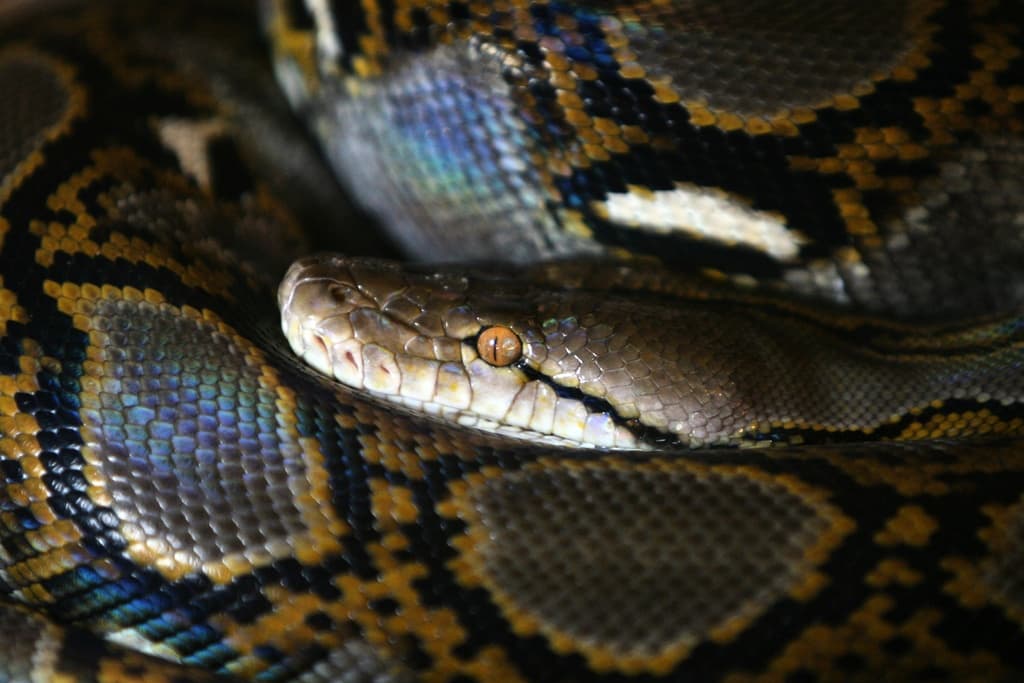Pythonorms are known for swallowing their prey whole and sometimes the meal is larger than the snake itself. A crocodile can slide down, and in rare cases, humans.
At the same time, the species can go without food for up to a year and how the snakes can suddenly digest so much food at once has long fascinated researchers.
Several of the python's organs enlarge significantly to handle the strain – including the heart. Now, researchers at, among others, the University of Boulder in Colorado, USA, have studied how this is possible.
They have examined the hearts of royal pythons, a smaller species of python, which were either starved for 28 days or fed whole rats. The day after the meal, the heart's weight increased by almost 25 percent, and the adaptation in the heart occurred "remarkably quickly", the researchers write.
Parts of the heart muscle cells became more relaxed, while the heart's chambers became less stiff, making the heart work more efficiently.
The researchers mapped at the molecular level which mechanisms are involved in the change and believe that the findings may eventually lead to new treatments for cardiovascular diseases, but more research is needed.
The study is presented in the scientific journal PNAS.






